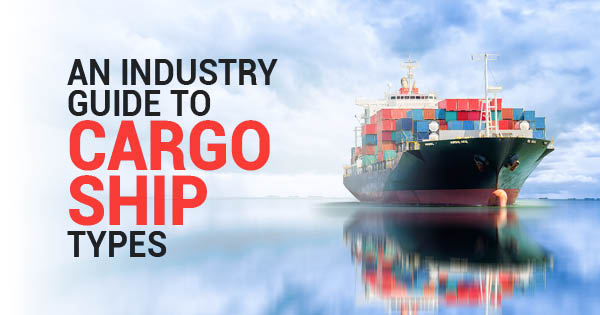An Industry Guide To Cargo Ship Types

Cargo companies have long provided ocean shipping services all over the world. Since these companies send various types of freight, there are specific types of cargo ships used for these industries. While international purchasing agents will select the appropriate type of vessel and shipping route for efficient delivery, you can use this guide to understand the specific applications of cargo freights.
- Bulk Vessels: These types of ships are meant to carry shipments that can’t be neatly packaged into shipping containers. This loose cargo includes cement, metals, grains, and other materials.
- Crude Carriers: Given the sensitive nature of crude oil, these ships are designed to carry this combustible substance across the ocean. These freights are available in a variety of types depending on the crudeness of the oil.
- Reefer Vessels: These freights commonly carry food items such as fruits, vegetables, and meat. Reefer vessels are temperature controlled to freeze or chill these items. This preserves the food faster, since more common food packaging requires dry ice to preserve the contents for 24 to 48 hours.
- Container Vessels: As the most common type of cargo ships, container vessels carry shipping containers with a variety of goods. These ships come in different sizes to cater to different industries, as do the shipping containers.
- RORO: Roll-on/roll-off freights are used by the auto industry to carry cars, buses, semi trucks, and other vehicles. These types of freights are ideal for these products because companies can simply drive the vehicles onto the ship. Otherwise, they would have to disassemble or package the products, wasting time and money.
- Oversized: Heavy items such as smaller ships, military tanks, and large shipping containers need these strong freights to hold their weight. Oversized vessels are specifically designed to transport some of the heaviest loads internationally.
- Breakbulk Vessels: Similar to bulk vessels, breakbulk vessels carry palleted and bagged items that are not packaged individually. These ships commonly carry timber, chemicals, and bulk food items like sugar.
The air and ocean cargo industries have been perfected to accommodate a wide variety of industries. By using all of the above freights, American cargo shipping is able to connect every type of product with every part of the world. As shipping continues to improve, we will likely see even more specific air freight types.
